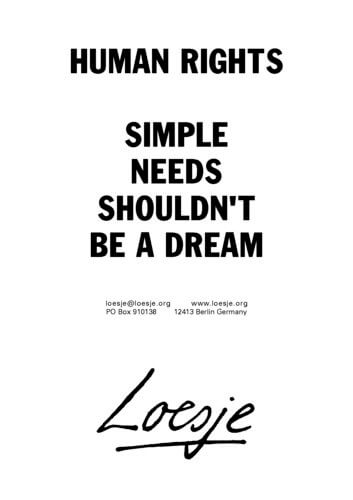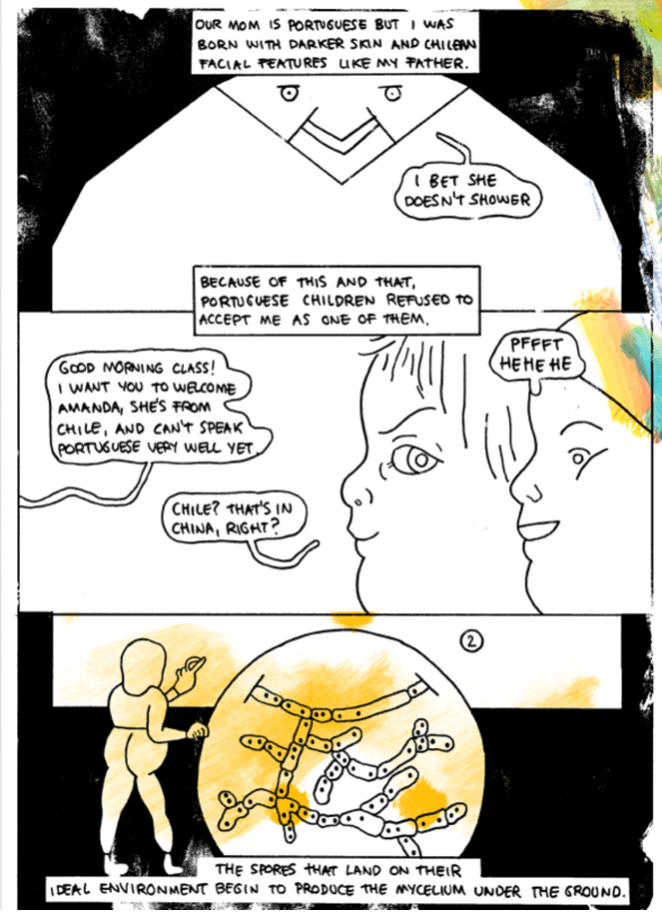“There may be times when we are powerless to prevent injustice, but there must never be a time when we fail to protest.” – Elie Wiesel

This course will help you to explore what are human rights, solution focused approach and non-violent communication.
You will be challenged to think critically and use tools for communication. By the end of this course you will have a toolkit to raise awareness of human rights, have a rised the capacity of peace building.
This course is also available in Slovenian, Estonian and Polish.
This is our first course together with 3 NGOs. Be prepared for active, self-paced learning with full of videos and quizzes. Make yourself a bridge between theory and practice and be the person who acts and talks toward solution and non-violent communication. You will explore these themes through case studies, videos and interactive exercises.








